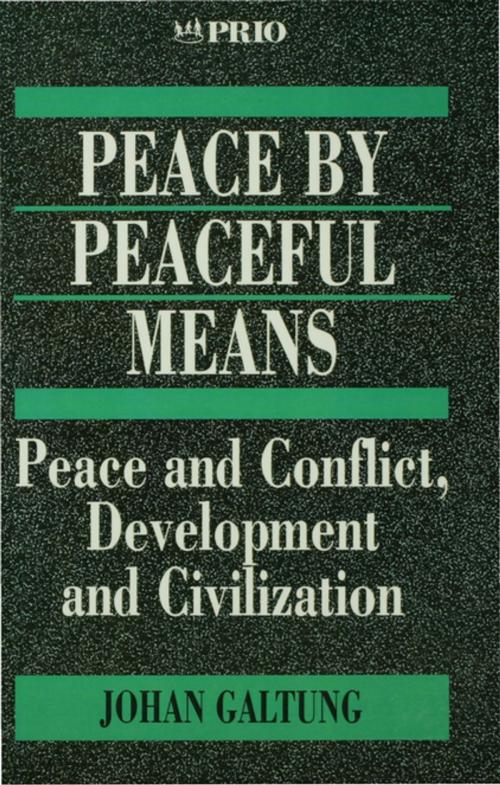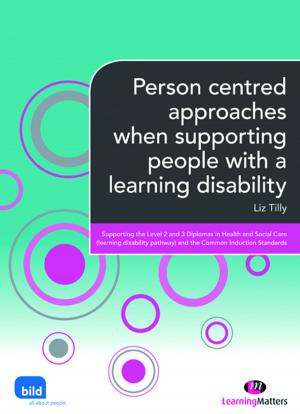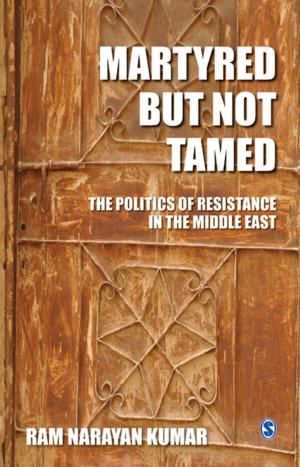Peace by Peaceful Means
Peace and Conflict, Development and Civilization
Nonfiction, Social & Cultural Studies, Political Science, International, International Relations, Reference & Language, Reference| Author: | Professor Johan Galtung | ISBN: | 9781446228470 |
| Publisher: | SAGE Publications | Publication: | April 16, 1996 |
| Imprint: | SAGE Publications Ltd | Language: | English |
| Author: | Professor Johan Galtung |
| ISBN: | 9781446228470 |
| Publisher: | SAGE Publications |
| Publication: | April 16, 1996 |
| Imprint: | SAGE Publications Ltd |
| Language: | English |
Johan Galtung, one of the founders of modern peace studies, provides a wide-ranging panorama of the ideas, theories and assumptions on which the study of peace is based.
The book is organized in four parts, each examining the one of the four major theoretical approaches to peace. The first part covers peace theory, exploring the epistemological assumptions of peace. In Part Two conflict theory is examined with an exploration of nonviolent and creative handling of conflict. Developmental theory is discussed in Part Three, exploring structural violence, particularly in the economic field, together with a consideration of the ways of overcoming that violence. The fourth part is devoted to civilization theory. This involves an exploration of cultural violence focusing on the deeper aspects of cultures. Finally, the threads of these four approaches are drawn together with a focus on peace action - peace by peaceful means.
Johan Galtung, one of the founders of modern peace studies, provides a wide-ranging panorama of the ideas, theories and assumptions on which the study of peace is based.
The book is organized in four parts, each examining the one of the four major theoretical approaches to peace. The first part covers peace theory, exploring the epistemological assumptions of peace. In Part Two conflict theory is examined with an exploration of nonviolent and creative handling of conflict. Developmental theory is discussed in Part Three, exploring structural violence, particularly in the economic field, together with a consideration of the ways of overcoming that violence. The fourth part is devoted to civilization theory. This involves an exploration of cultural violence focusing on the deeper aspects of cultures. Finally, the threads of these four approaches are drawn together with a focus on peace action - peace by peaceful means.















